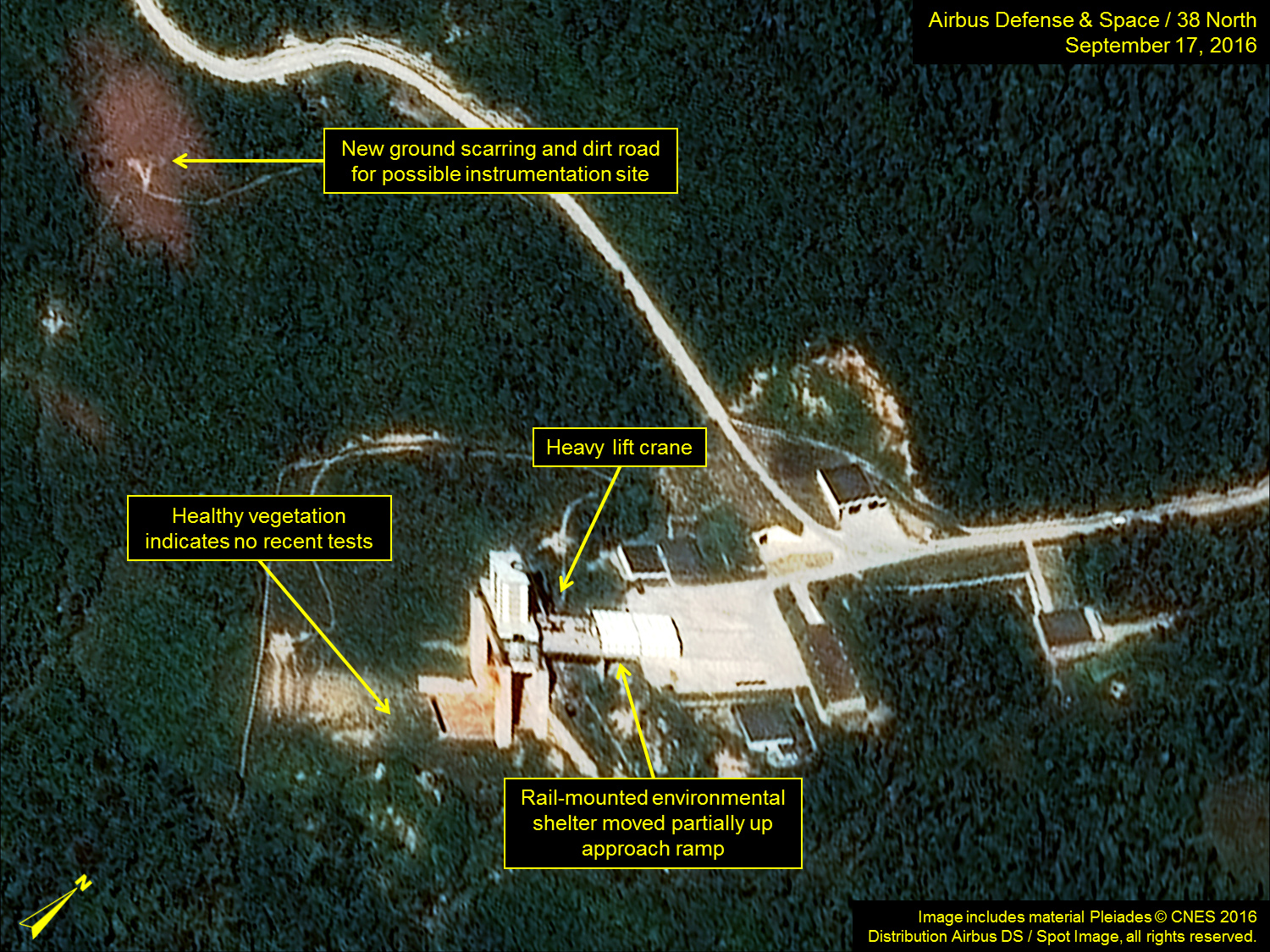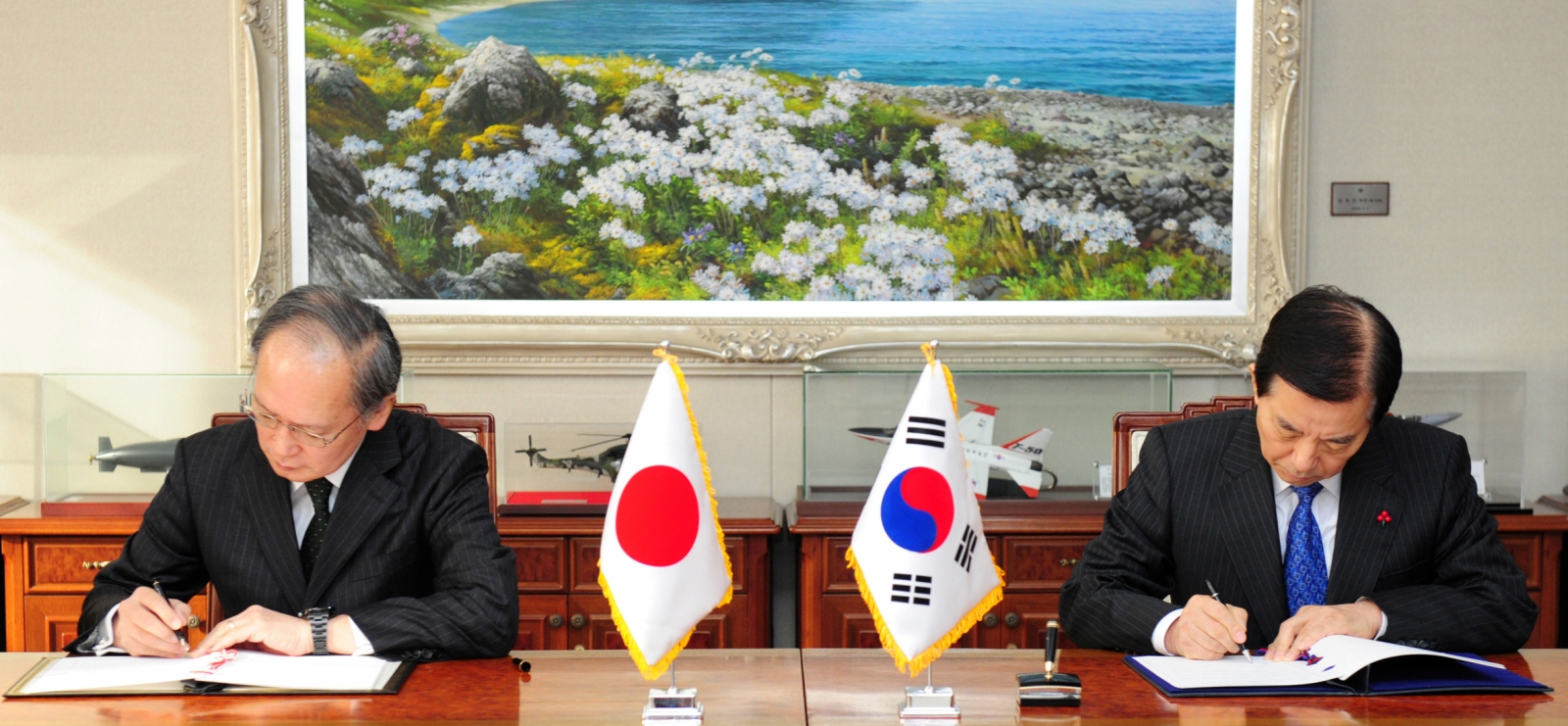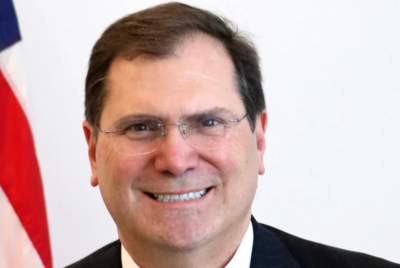South Korea and Japan agree to share military intelligence on North Korea's nuclear programmes
Seoul had postponed signing the pact, proposed in 2012, due to domestic opposition to close relations with Tokyo.
Japan and South Korea have agreed to share sensitive military intelligence directly with each other regarding North Korea. The North's missile and nuclear programmes have increasingly raised concerns in the Korean peninsula.
South Korea's Defence Minister Han Min-koo and Japan's ambassador to the South, Yasumasa Nagamine, inked the General Security of Military Information Agreement on Wednesday (23 November).
The deal was originally proposed in 2012 but Seoul postponed it due to domestic opposition to close relations to Tokyo. The South is still said to be bitter over lingering legacies of Japan's colonial rule of Korea from 1910 until the end of the Second World War in 1945.
However, the South Korean government went ahead with the pact despite strong objection from some political parties who criticised the government for trying to use the agreement as a way to divert attention from the ongoing political scandal involving President Park Geun-hye.
The threat from Pyongyang's accelerated nuclear weapons programme has brought the US into the scene as Kim Jong-un's regime has claimed it has the capability to mount a nuclear warhead on a missile that could reach as far as mainland America.
The North has test-fired dozens of ballistic missiles this year, which has prompted South Korea and Japan to coordinate with each other, as they would be the countries to face immediate danger from Pyongyang's missiles.
The intelligence sharing pact is also thought to reduce the US's role to providing defence support for its regional allies.
South Korea is said to need Japan's support to contain the North as information from Japanese satellites and other high-tech systems are said to be crucial for Seoul to thoroughly monitor developments on the North's nuclear and missile programmes.
However, a recent survey by Gallup Korea found that 59% of over 1,000 respondents opposed the agreement between Japan and South Korea.
The South has signed a similar military intelligence sharing pact with more than 30 countries, including Russia and the US.
Meanwhile, outgoing US President Barack Obama is reported to have warned President-elect Donald Trump's administration to consider North Korea as the top national security priority for the US, according to Wall Street Journal.
On Friday (18 November), the North had reacted negatively to its opponents considering signing such an intelligence agreement. Pyongyang reportedly called it a "hideous act of treachery aimed to stifle fellow countrymen in the north in league with the sworn enemy of the nation".
A spokesman for the Korea Asia-Pacific Peace Committee in Pyongyang said the pact was a "dangerous act" that could possibly open a door to Japanese "re-invasion" of the Korean peninsula.



© Copyright IBTimes 2025. All rights reserved.





















